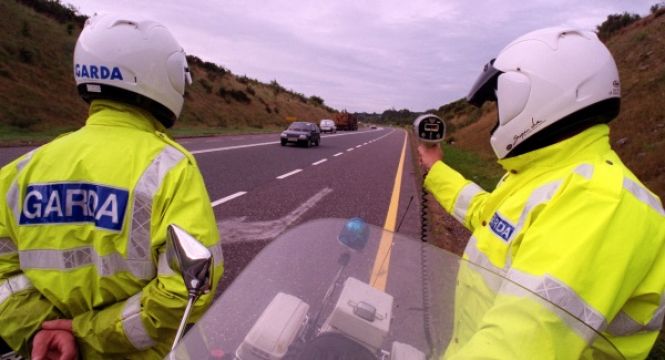The Government's new ten-year road safety strategy has been unveiled with the key aim being to reduce road deaths and serious injuries by 50 per cent by 2030.
The Road Safety Strategy 2021-2030 hopes to reduce deaths annually from 144 to below 72, and cut serious injuries to less than 630 from 1,259.
The Phase 1 Action Plan (2021-2024) includes 50 actions which are thought will have a "direct impact on the reduction of deaths and serious injuries on Irish roads".
Among these actions are:
- Explore the potential of an online portal for road users to upload footage of road traffic offences.
- Review penalties for road traffic offences, such as speeding, mobile phone use and failure to wear seatbelts.
- Expand speed management measures using periodic speed limits at schools, vehicle activated signs and average speed cameras.
- Review the mobile safety camera system to maximise its effectiveness.
- Establish a working group to review the framework for setting speed limits.
The inclusion of a potential online portal for the uploading of footage is a notable inclusion, which the Department of Transport said "could assist in prosecution" for road traffic offences.
The plan also states 1,000km of segregated walking and cycling facilities will be constructed, or being construction, around the country by 2025.
Ongoing efforts to clamp down on learner permit holders driving unaccompanied will also be heightened in addition to aims to reduce the number of people holding a third or subsequent learners permit. The plan hopes to reduce this cohort from 24.6 per cent to 10 per cent by 2024 to tackle the volume of people who continually renew their learners permit rather than taking the drivers test.
The strategy is part of 'Vision Zero' which seeks to eliminate all road deaths in Ireland by 2050 and replaces the 2011-2020 strategy which saw the State reach the lowest number of annual road deaths since records began, resulting in Ireland having the second lowest rate of road deaths in the EU in 2019.
The three-phase plan, the subsequent phases of which will run 2025-2027 and 2028-2030, has a projected investment of €3.8 billion for its first stage.







